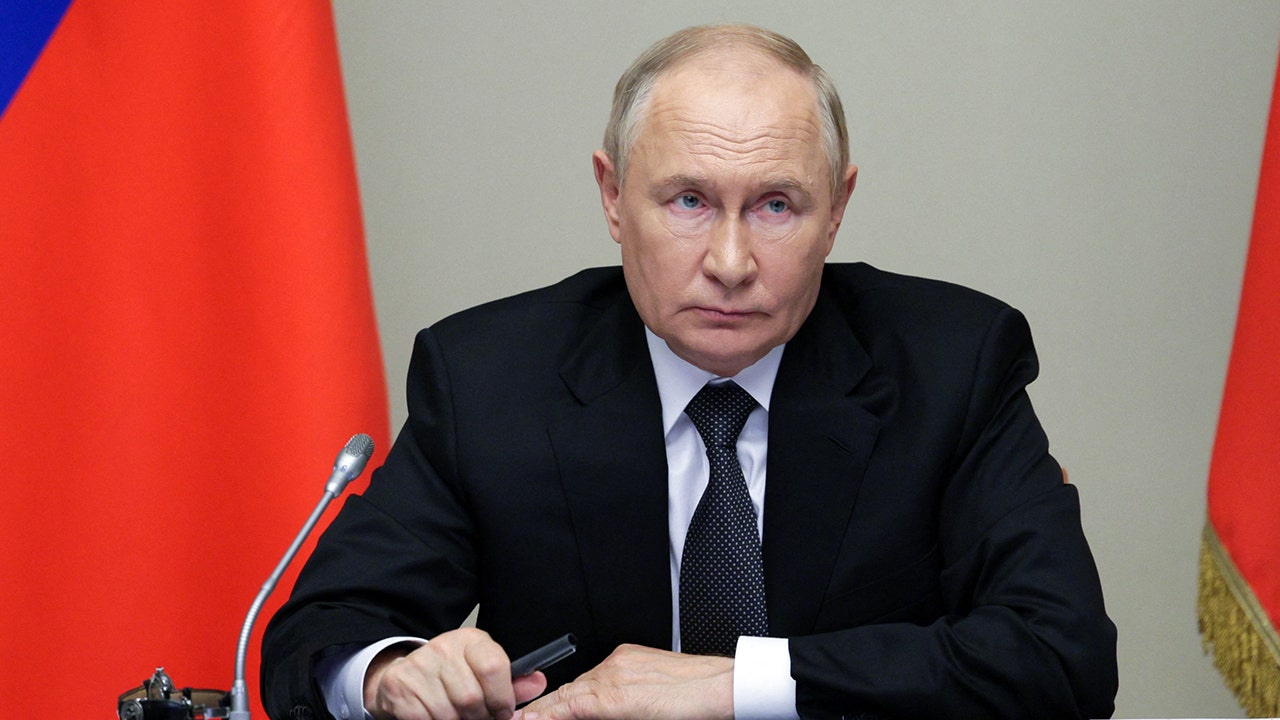Bussiness
US seizes Venezuela leader Maduro’s plane

WASHINGTON: The United States on Monday seized Venezuelan President Nicolas Maduro’s plane in the Dominican Republic and flew it to Florida, saying it acted over violation of US sanctions.
United States officials moved to take the aircraft, a Dassault Falcon 900EX private jet used by Maduro and members of his government, with the Justice Department saying the jet was “illegally purchased.” “The Justice Department seized an aircraft we allege was illegally purchased for $13 million through a shell company and smuggled out of the United States for use by Nicolas Maduro and his cronies,” Attorney General Merrick Garland said in a statement.
Aircraft tracking site Flight Radar 24 showed that the jet flew from Santo Domingo to Fort Lauderdale on Monday morning.
Venezuela was rocked by protests when Maduro was declared the winner of the disputed July 28 election with more than 2,400 people arrested.
The opposition claims it won by a landslide and that it has the voting records to prove it.
The leftist Maduro government, brushing off accusations of authoritarianism, has resisted intense international pressure to release vote tally numbers to back up its claim of victory.
“Maduro and his representatives’ have tampered with the results of the July 28 presidential election, falsely claimed victory, and carried out wide-spread repression to maintain power by force,” a US National Security Council spokesperson said.
The seizure of the plane “is an important step to ensure that Maduro continues to feel the consequences from his misgovernance of Venezuela,” they added.
The United States, the European Union and several Latin American countries have refused to recognise Maduro as having won without seeing detailed voting results.
Violence that accompanied the protests left 27 people dead and at least 192 wounded.
Washington has imposed sanctions on Venezuela since 2005 that target individuals and entities “that have engaged in criminal, antidemocratic, or corrupt actions,” according to a Congressional briefing document.
“In response to increasing human rights abuses and corruption by the government of Nicolas Maduro, in power since 2013, the Trump Administration expanded US sanctions to include financial sanctions, sectoral sanctions, and sanctions on the government.”







